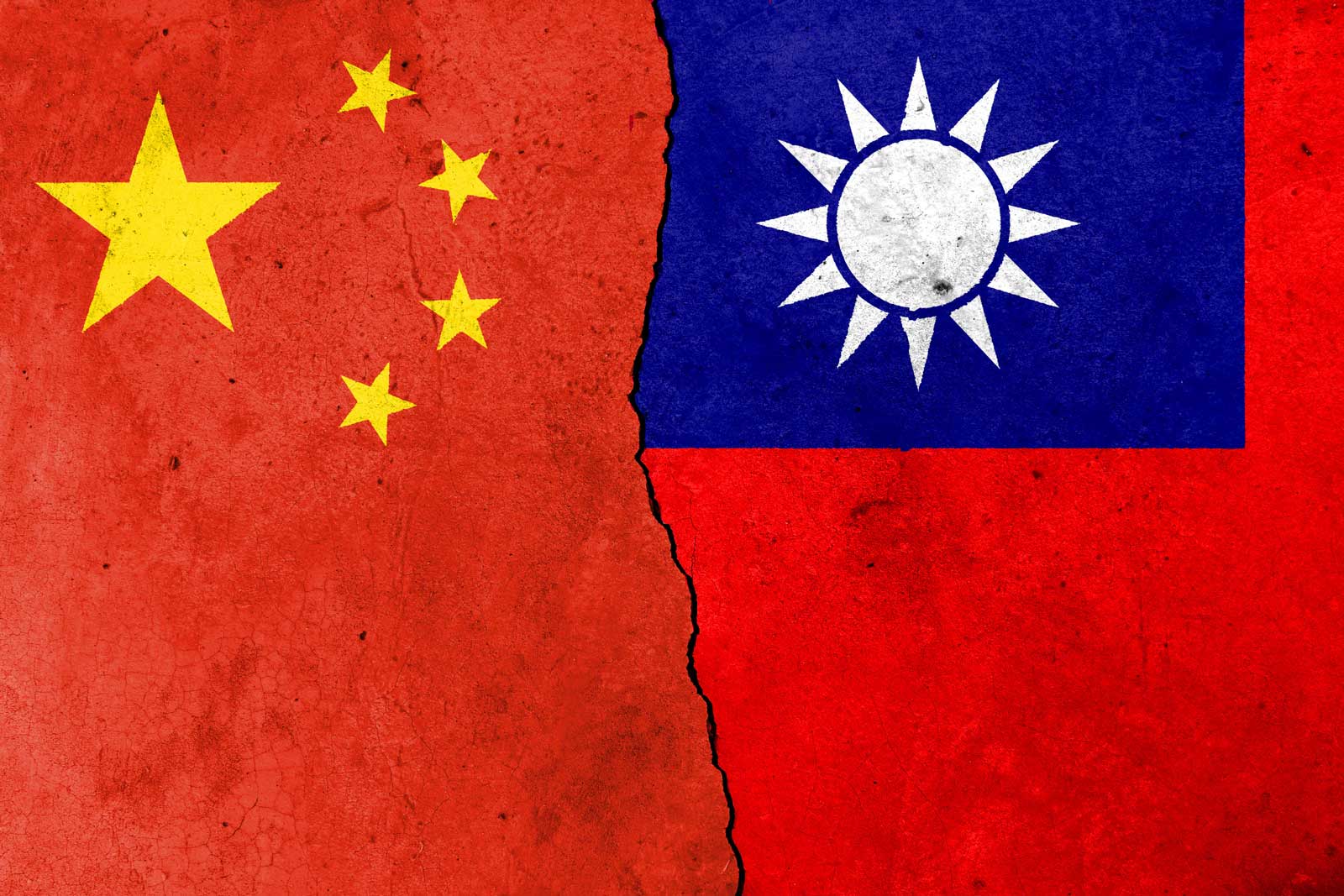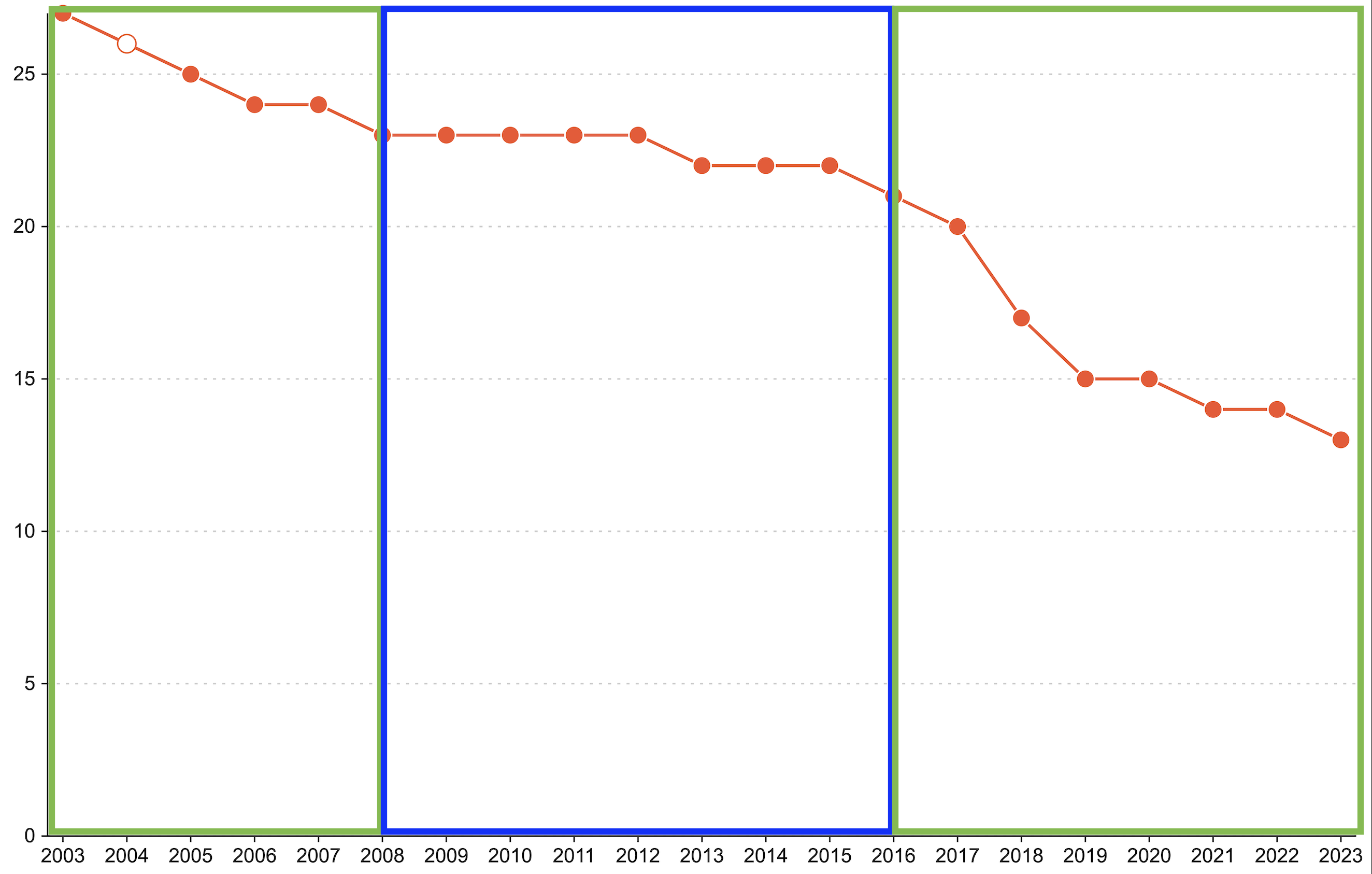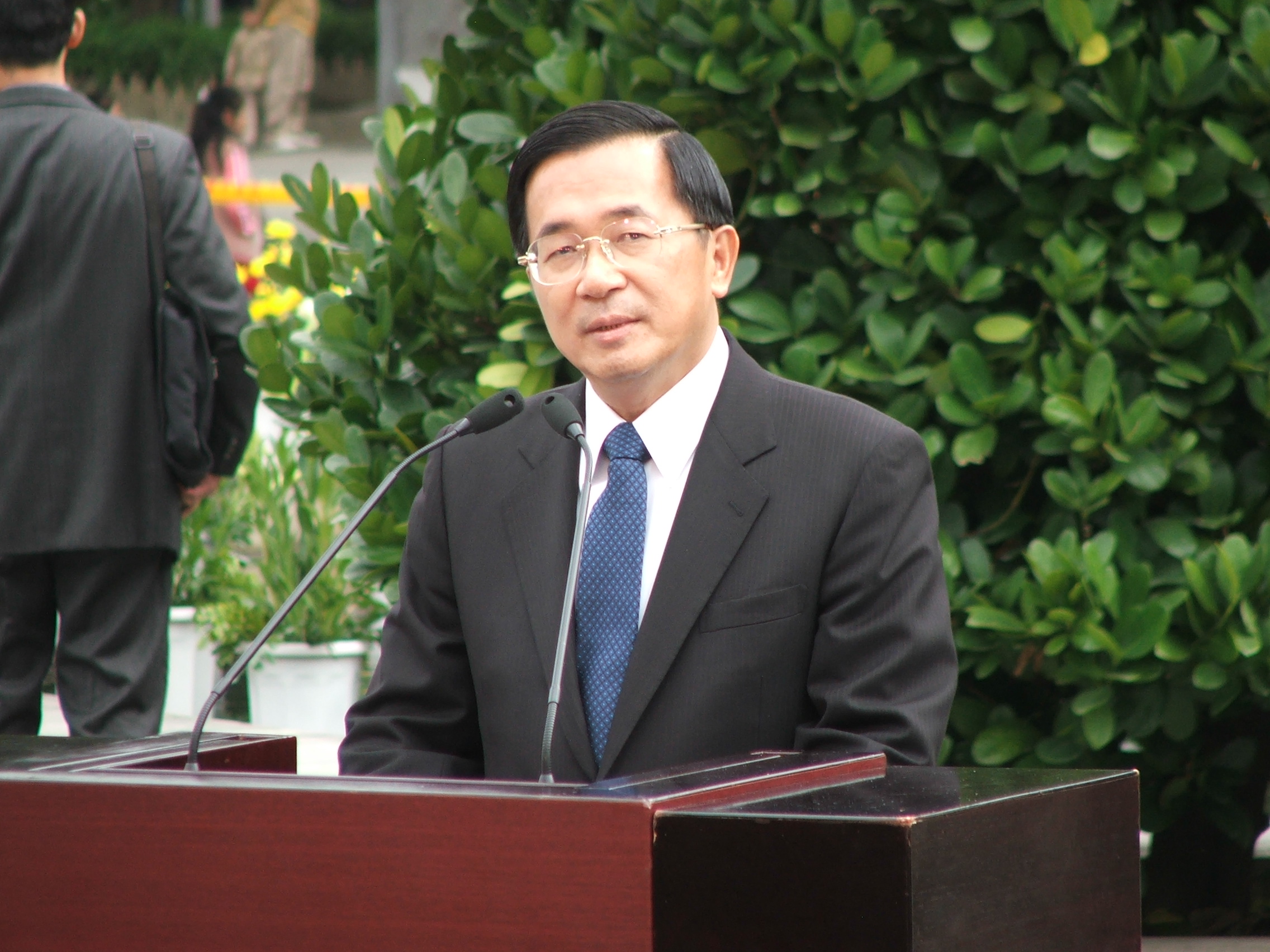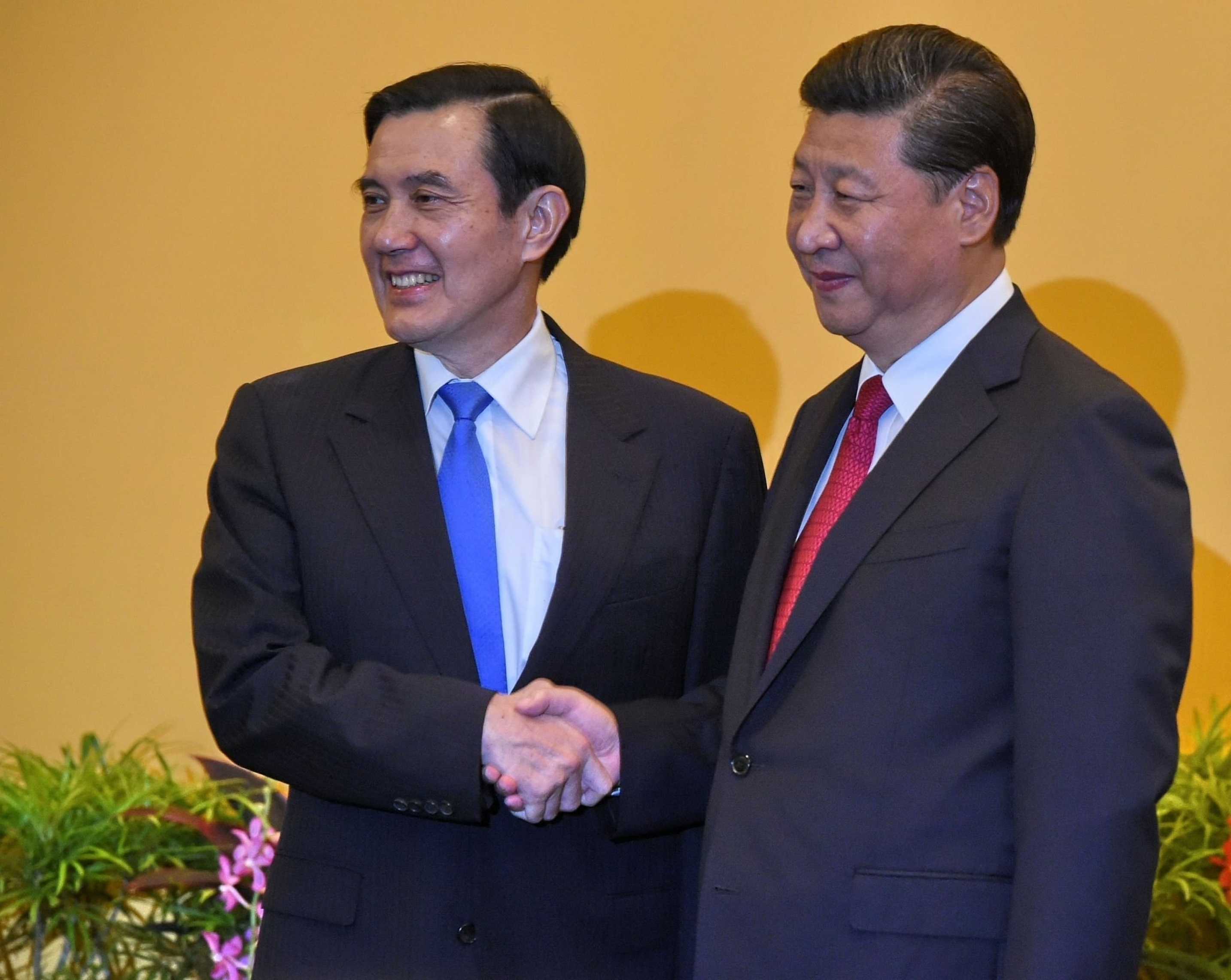China vs. Taiwan: The battle for diplomatic allies

Source:shutterstock
When Honduras announced late March that it would sever diplomatic ties with Republic of China (Taiwan) and establish official relations with China, it was the 9th country to do so under President Tsai Ing-wen's presidency. This announcement was followed by the president's visit to Taiwan's diplomatic allies in Latin America. The number of Taiwan's remaining allies was reduced to a historic low of 13. What does this mean for Taiwan?
Views
China vs. Taiwan: The battle for diplomatic allies
By Ian Huangweb only
The Honduran government announced its intention to sever diplomatic ties with Taiwan and establish official relations with China March 25.
“The Chinese are always trying to manipulate the event to destroy Taiwan’s diplomatic relations,” Taiwan’s foreign minister confirmed the news and responded in a press release.
The announcement was made two days before President Tsai’s visit to Taiwan’s diplomatic allies in Latin America. With Honduras cutting ties, the number of Taiwan’s remaining allies was reduced to 13, a record low. Throughout three presidencies in the past 20 years, what shifts can we see in the diplomatic landscape?
 Taiwan lost half of its diplomatic allies in the past 20 years. The green frame symbolizes the DPP presidency, blue frame symbolizes the KMT presidency (Chart: Ian Huang)
Taiwan lost half of its diplomatic allies in the past 20 years. The green frame symbolizes the DPP presidency, blue frame symbolizes the KMT presidency (Chart: Ian Huang)
Over the past 20 years, Taiwan has lost half of its diplomatic allies, with pressure from China significantly increasing from 2002 to 2008 and again from 2016 to the present. This has led to a tremendous loss of diplomatic allies under DPP presidencies.
Chen Shui-bian's “one country on each side” (2002)
 Chen Shui-bian (Source: david3108 @flickr)
Chen Shui-bian (Source: david3108 @flickr)
Chen Shui-bian introduced the “one country on each side” concept in 2002, aimed to consolidate Taiwan’s sovereignty. The move marked the beginning of the cross-strait diplomatic battle.
Nauru (2002)- Oceania
In response to President Chen’s newly launched “one country on each side” policy, China offered Nauru US$ 135 million in financial aid. Taiwan cut its diplomatic ties with Nauru as Nauru decided to establish diplomatic relations with Beijing.
Liberia (2003)- Africa
Under the backdrop of The Second Liberian Civil War, Liberia cut its ties with Taiwan and turned to China in 2003.
“Liberia was threatened by China, as China withheld a US$ 250 million budget for the aid from UN's peacekeeping troops in the country, using its permanent member seat of the UN Security Council,” then Ministry of Foreign Affairs spokesman Richard Shih responded to the event.
Dominica (2004)- Caribbean
Vanuatu (2004)- Oceania
Vanuatu established diplomatic relations with Taiwan for only seven days, becoming the shortest-lived bilateral relation on record.
After the breakup, the new prime minister of Vanuatu, Ham Lini apologized and acknowledged the “one China policy”. China immediately released US$2 million to the Vanuatu government for education that had been suspended during Vohor's term as prime minister.
Grenada (2005)- Latin America
Grenada cut its diplomatic ties with Taiwan in exchange for China’s commercial and economic advantages.
Senegal (2005)- Africa
As China became an increasingly important trading partner for Senegal, and by establishing diplomatic relations with China, Senegal hoped to attract more Chinese investment and expand its economic ties with the country.
In addition, China had been increasing its engagement with African countries through the Forum on China-Africa Cooperation (FOCAC), which provided an opportunity for African countries to access Chinese investment and assistance.
Chad (2006)- Africa
By establishing diplomatic relations with China, Chad hoped to attract Chinese investment and assistance in developing its infrastructure and natural resources.
Costa Rica (2007)- North America
Under consideration of both economic and political factors, Costa Rica ended its relationship with Taiwan in 2007 and turned to China.
Malawi (2008)- Africa
Malawi established diplomatic relations with China by the end of 2007 and ended its ties with Taiwan in January 2008. China proposed a US$ 6 billion offer in financial aid.
“It was a mistake to cut its ties with Taiwan and turn to China,” Bingu wa Mutharika, president of Malawi confessed later, according to sources.
Ma Ying-jeou’s Flexible Diplomacy (2008~2016)
 (Source: shutterstock)
(Source: shutterstock)
Gambia (2013)- Africa
Gambia was the only country to terminate its diplomatic relations with Taiwan despite President Ma Ying-Jeou’s Flexible diplomacy, which was designed to avoid actively violating the “one-China policy” and to ensure cross-strait peace.
Tsai Ing-wen (2016~)
Tsai Ing-Wen (Source: Ming-Tang Huang)
On May 20th, 2016, at the presidential inauguration ceremony, the newly elected Taiwan president Tsai Ing-Wen denounced “the 92 consensuses”, provoking diplomatic conflicts with China.
São Tomé and Príncipe (2016)- Africa
São Tomé and Príncipe severed its diplomatic ties with Taiwan in December 2016 and re-established diplomatic relations with China.
São Tomé and Príncipe's decision was primarily driven by economic factors.
In the years leading up to the severing of diplomatic ties in 2016, Taiwan had reportedly provided around US$ 19 million in financial aid to São Tomé and Príncipe. In addition, Taiwan had funded a number of infrastructure projects in the country, including the construction of a hospital, a fish market, and a solar power station.
“China appreciates São Tomé and Príncipe and welcomes it to return on the right track of one China policy,” said Hua Chunying, the then spokesperson of China’s foreign ministry.
Panama (2017)- North America
Panama severed diplomatic ties with Taiwan in June 2017 as China’s economic and political influence in Latin America increased.
China offered Panama a range of economic incentives to sever ties with Taiwan, including increased investment, access to the Chinese market, and the possibility of a free trade agreement. China also reportedly promised to help Panama with a major infrastructure project - the construction of a new subway system in Panama City.
2018
Dominican Republic- North America
The Dominican Republic severed diplomatic ties with Taiwan in May 2018 and established official relations with China.
Burkina Faso- Africa
Burkina Faso severed diplomatic ties with Taiwan in May 2018 and established official relations with China.
El Salvador- North America
El Salvador severed diplomatic ties with Taiwan in August 2018 and established official relations with China.
2019
Solomon Islands- Oceania
Solomon Islands severed diplomatic ties with Taiwan in September 2019 and established official relations with China.
Kiribati- Oceania
Kiribati severed diplomatic ties with Taiwan in September 2019 and established official relations with China.
China reportedly promised to help fund various infrastructure projects in Kiribati, including upgrades to the country's international airport and the construction of public housing.
Nicaragua (2021)- North America
Nicaragua cut diplomatic ties with Taiwan in 2017 and established official relations with China.
Some analysts have suggested that Nicaraguan President Daniel Ortega may have been motivated in part by a desire to consolidate his political power, as well as to secure more economic and trade opportunities for Nicaragua.
Honduras (2023)- North America
“The Honduran state first requested Taiwan to build a hospital, a dam, and take over a US$2 billion national debt last year, for a total of US$2.34 billion. Less than a year later, the ‘financial aid’ was increased to US$2.45 billion,” said Jaushieh Joseph Wu, Taiwan’s foreign minister.
“Taiwan will not engage in a meaningless dollar diplomacy race with China,” said President Tsai in a video.
The economic presence of China is the main reason every country severed relations with Taiwan in the past two decades. As China gains more global recognition, and facilitates international trade, it is increasingly difficult for Taiwan to come back to the international stage.
 Nauru (2024)- Nauru, one of Taiwan's few remaining diplomatic allies, has severed ties with Taiwan to align with China, coinciding with the election of Taiwan's new pro-sovereignty president, William Lai.
Nauru (2024)- Nauru, one of Taiwan's few remaining diplomatic allies, has severed ties with Taiwan to align with China, coinciding with the election of Taiwan's new pro-sovereignty president, William Lai.
How Taiwan can reverse the downward trend and earn more support from the international community would be a challenge for Tsai and her successor.
Have you read?
- Should military conscription be extended? Defense think tank responds
- Richard Bush: US and Taiwan must work together to deter China
- Taiwan Defense Minister: China won't take Taiwan in a fortnight
Edited by Kwangyin Liu
Uploaded by Ian Huang






